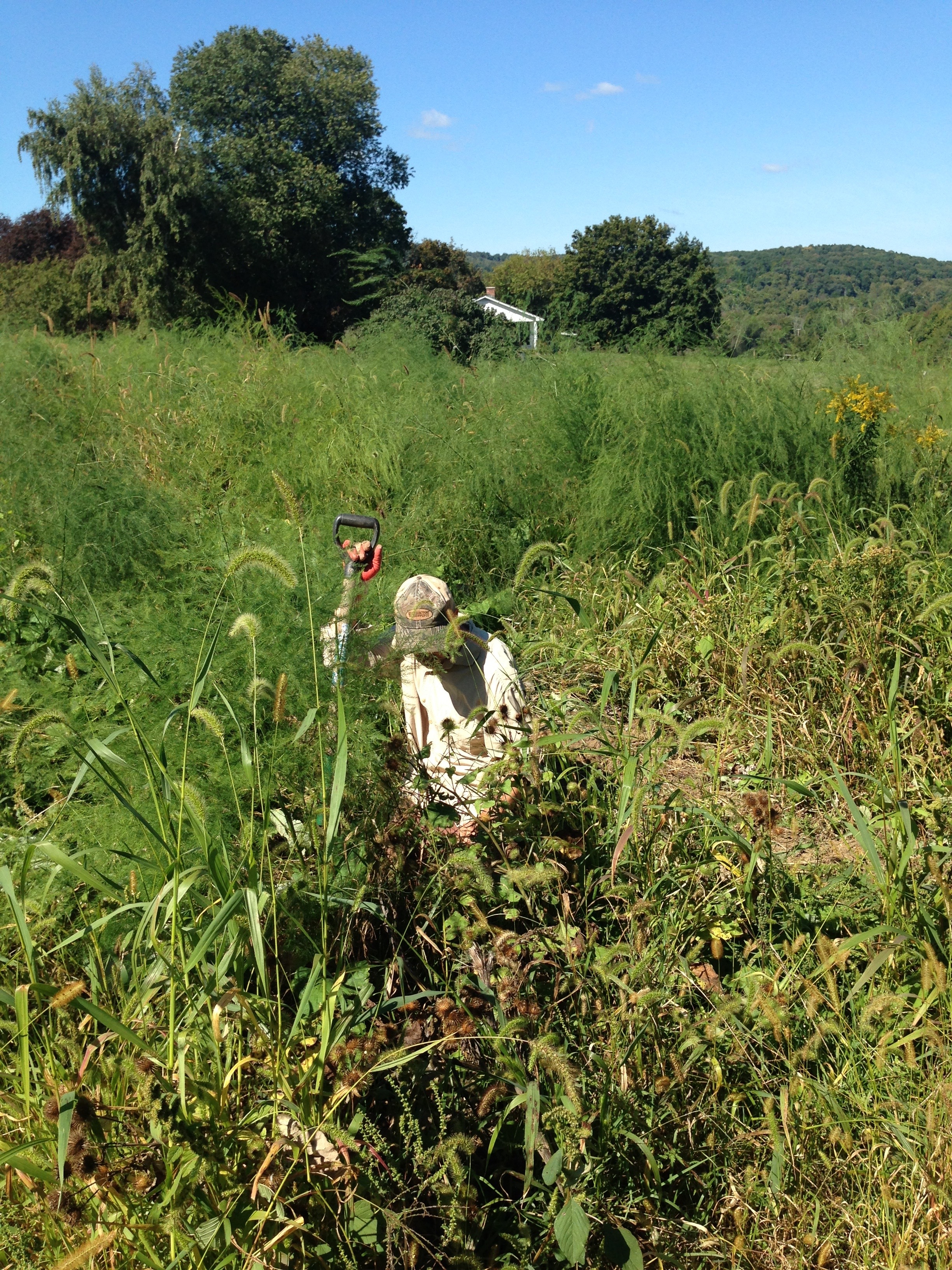Invisible Labor
In thinking about the legacies of enslavement, colonization and genocide that the US agriculture system is built upon, it fits within a long trajectory of foolishness that in this generation, the labor of migrant farmworkers—without which this country would starve—has been made invisible at best, shat on and targeted at worse. Farmworkers and domestic laborers were excluded from all labor protections when the National Labor Relations Act and Fair Labor Standards Act, part of the New Deal, were signed in the 1930s. Franklin Delano Roosevelt made a compromise with white, plantation-owning Dixie Democrats from the South to exclude this almost exclusively Black workforce in exchange for votes. More than 80 years later farm and domestic worker demographics have changed, but these workers still aren’t entitled to overtime, a minimum wage, a day of rest, workers compensation, or the right to collectively bargain (or form a union).
There are different factors at play but I think about this history for myself when people laugh when I tell them what I do, drill me for information and demand access to my internal resources without any offering whatsoever and come into the gardens where I work never having broken a sweat but trying to eat more than their fill of anything ready to harvest. What is this drive to take from those who tend the Earth, with no thought of the need for exchange?
I believe this urge is connected to the fact that we don’t really see food labor as labor. After more than 500 years of pillage we drink in, like water, the values of an economy whose might was created on stolen land by millions of African souls who, under the yolk of slavery, performed agriculture labor without compensation. Workers whose contributions have never been formally acknowledged, and who never saw a dime of the wealth that they created for this nation. We simply don’t see plant labor as labor. Today, subsidies to agribusiness distort our notions of the fair price of a potato. We don’t see food and plant laborers for what we are, the reason we’re all still here.
Plant people work harder than anyone I know. I want to encourage people to please, honor us. Please find out about the working conditions of the people who grow your food. Please also consider the time and resources medicine people have put into acquiring the knowledge that they have. Don’t come looking to squeeze as much as you can from us. We are human beings, not machines. If your only intention is to take from the earth, or from those of us who tend the earth, consider whose footsteps you are walking in: the very people who put us in the predicament we are in now. If your intention is not just to take but you consistently show up at a medicine or plant person’s door demanding to be filled up, but with nothing to offer, ask yourself what you need to examine in order to enable yourself to give to those of us who do this work. This isn’t just about money. Personally I love exchanges and love when people offer their assistance in exchange for knowledge that I have.
Let’s all dig deeper. The work required as we transition away from extractive, exploitative, petrol-based systems will necessitate many changes in the ways that we think and treat one another. Let’s commit to seeing this work through, and really examining our deeply-held beliefs about who deserves to be supported by the system, and who doesn’t.

